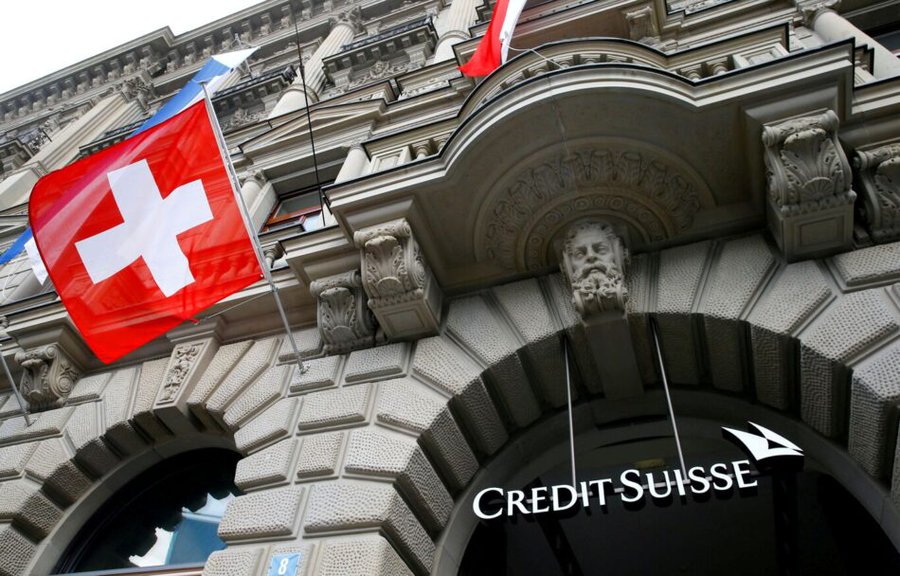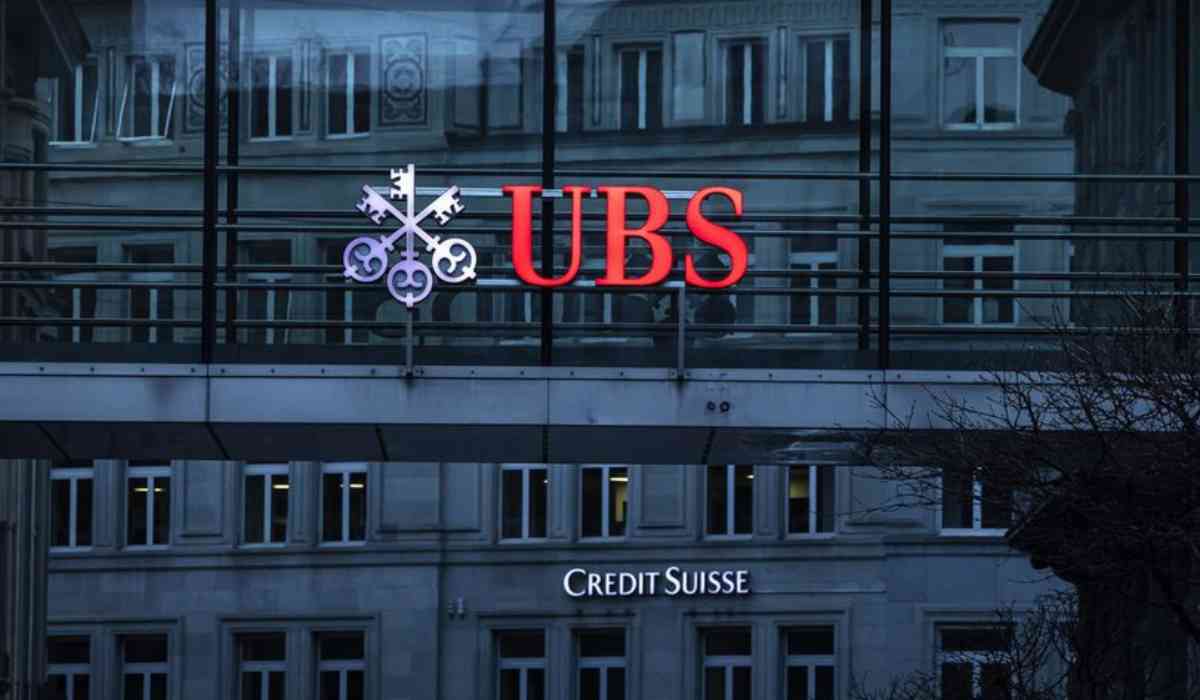Early on Monday, Asian shares experienced a decline after the announcement of UBS acquiring Credit Suisse for approximately $3.25 billion. This event occurred following a turbulent week for the banking industry, which included the closure of Silicon Valley Bank by regulators on March 10, leading to concerns of a potential contagion effect that could trigger a wider economic crisis. At the time of writing, Japan's Nikkei 225 had dropped 1.1%, Korea's Kospi was slightly down by 0.5%, Australia's ASX200 had decreased by 1.2%, and the Shanghai Composite Index had risen by 0.1%.

Hong Kong's Hang Seng Index recorded a significant decline of 2.6%, which was steeper than other indices in the Asia Pacific region. The index has been facing pressure due to China's sluggish economic recovery since lifting zero-Covid restrictions in January.
Meanwhile, S&P 500 futures rose by 0.2%, and Bitcoin showed a 0.2% increase in value over the past 24 hours, with CoinMarketCap reporting a trading price above $27,300.

However, the AT1 bonds of some Asian banks experienced a drop on Monday morning after the Swiss Financial Market Supervisory Authority announced a complete write-down of Credit Suisse's AT1 bonds, worth $17 billion, to boost capital in the newly merged bank. Bloomberg reported that Hong Kong's Bank of East Asia's 5.825% perpetual dollar note declined by 8.6 cents to nearly 80 cents, while Thailand's Kasikornbank's 4% perpetual note fell 4.3 cents, also just below 80 cents. If these losses are sustained throughout the trading day, they would mark the biggest-ever losses for these issuances.
The AT1 bonds were created following the Global Financial Crisis of 2007-2009 to transfer crisis risks to investors rather than taxpayers.
© Vygr Media Private Limited 2022. All Rights Reserved.

























